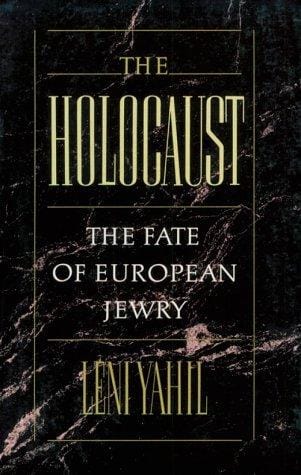Infidel: Meaning, History & Modern Usage
Discover the origins, meanings, and modern implications of the word 'infidel' in religion, literature, and everyday language.

Introduction
The word "infidel" is one of those charged terms that can immediately evoke strong reactions. Historically tied to religion, yet frequently appearing in modern political discourse, literature, and even pop culture, the term has accumulated centuries of nuance. Understanding what "infidel" truly means, where it comes from, and how it is interpreted today is essential for anyone interested in language, intercultural dialogue, and respectful communication.
Etymology and Historical Context
"Infidel" entered the English language in the late Middle Ages, derived from the Latin infidelis, meaning "unfaithful" or "nonbeliever." It was used in medieval Christian Europe to describe people who did not believe in Christianity, especially Muslims during the Crusades. The term quickly became a marker of religious otherness and, in many cases, a justification for conflict, conversion campaigns, and legal discrimination. This historical baggage still colors contemporary perceptions of the word.
During the Renaissance and Enlightenment, European writers broadened the definition to include anyone viewed as lacking faith in what the writer considered the true religion. Over time it acquired a more secular tone, sometimes used in philosophical debates to label skeptics or atheists. Nonetheless, its core association with religious exclusion remained intact.
Infidel in Religious Texts
While the English word "infidel" is not found in original sacred texts, various translations of the Bible, particularly older ones such as the King James Version, employ it to render Greek or Hebrew terms for unbelievers. For example, 2 Corinthians 6:15 asks, “what part hath he that believeth with an infidel?” In these passages, the term generally denotes someone outside the covenant community rather than a hostile enemy, although later interpretations sometimes intensified the antagonistic sense.
In Islamic discourse, the Arabic word kafir is often rendered in English as "infidel," but the two words carry different connotations. Kafir literally means "one who conceals the truth," and its theological nuances vary by context. Equating it uncritically with "infidel" can therefore distort both Christian and Islamic teachings. Recognizing such translation challenges is crucial for interfaith understanding.
The Term in Literature and Media
Beyond religious contexts, "infidel" has long served as a dramatic device in storytelling. From Sir Walter Scott’s 19th-century novel "The Talisman," which depicts Crusader knights and their Muslim counterparts, to the 2010 film "The Infidel," a comedy about identity and belief, authors and filmmakers exploit the tension embedded in the word to explore themes of loyalty, doubt, and cultural clash.
In modern journalism, particularly in coverage of extremist groups, "infidel" is often quoted to illustrate radical rhetoric. Headlines such as “Militant group vows to fight the infidels” grab attention by highlighting ideological antagonism. Yet frequent repetition without clarification can inadvertently normalize the term’s hostile undertones or perpetuate stereotypes about religion and violence.
Modern Usage and Controversy
Today, calling someone an "infidel" is widely viewed as pejorative. It can signify intolerance, implying that the targeted person is not only different but also morally or spiritually inferior. In pluralistic societies that value freedom of conscience, such labeling risks inflaming social divisions. Employment policies and hate-speech laws in many countries classify religious slurs, including "infidel," as discriminatory.
The term also surfaces in political slogans and merchandise, such as bumper stickers reading “Certified Infidel” or “Infidel Strong.” Some adopt the label ironically, signaling defiance against religious extremism. While satire can critique intolerance, it can also create misunderstandings when the historical weight of the word is ignored. Context, audience, and intent all matter.
Respectful Alternatives
If the goal is neutral description rather than provocation, writers and speakers have many better choices. Instead of "infidel," consider “non-Christian,” “non-Muslim,” “secular person,” or simply specify the individual’s actual belief system. In academic or interfaith settings, precision fosters dialogue and avoids the baggage that "infidel" inevitably carries.
Digital platforms likewise benefit from mindful language. Search engines and social networks increasingly flag content containing historical slurs. Opting for neutral, accurate terminology not only shows respect but also improves visibility and engagement by adhering to community guidelines and SEO best practices.
Conclusion
From medieval battlefields to contemporary news feeds, the word "infidel" has traversed centuries as a powerful label for “the other.” Understanding its etymology, religious significance, and cultural footprint allows us to see why it still sparks debate. While it remains a fascinating artifact of linguistic history, in most everyday situations the term is best handled with caution or avoided altogether. Choosing inclusive, precise language promotes clearer communication and honors the diverse tapestry of beliefs that shape our global society.



